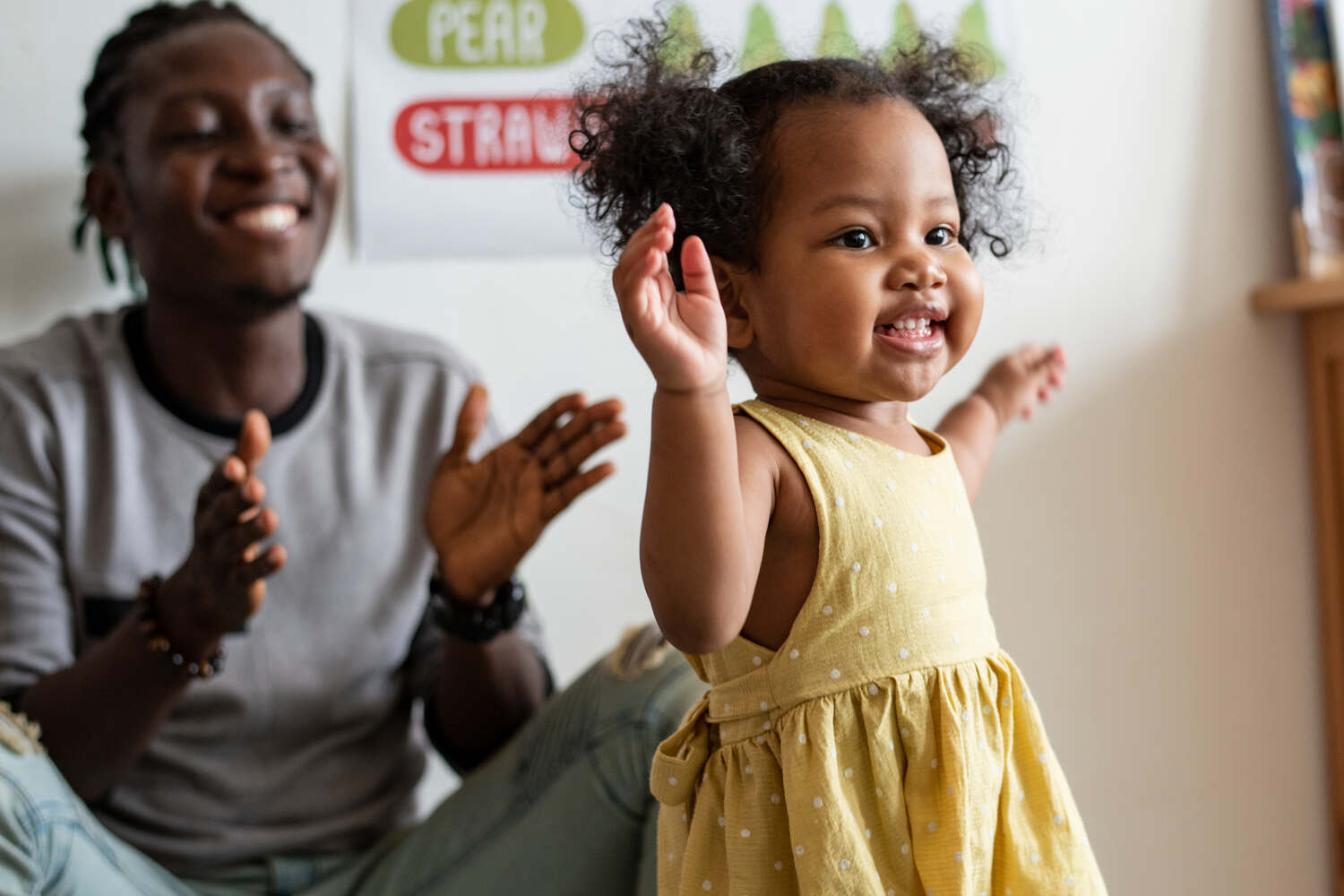
As your toddler turns 26 months old, you are bound to see a lot of changes in them – both physically and behavior-wise. They are bound to be stronger and attempt many physical skills. Their brains are developing and connecting the dots, which aids in meeting many toddler milestones in the coming weeks.
So, what toddler milestones will a 26-month-old attain? Do they need a little help or should they figure it out on their own? Being a parent can be very complicated in such situations because you want your toddler to meet the toddler milestones but don’t know when to intervene and when to stay aside. Don’t worry, we will guide you. Just read on.
In This Article
- Developmental Milestones For 26-Month-Old Toddler
- Growth Chart For a 26-Month-Old Toddler
- Tips to Boost Your 26-Month-Old’s Development
- Health And Care of Your Toddler
- Some Useful Tips For Your Toddler
- FAQ’s
Developmental Milestones For 26-Month-Old Toddler

Some developmental toddler milestones you can expect from your 26-month-old are-
Improved Vocabulary
- Your toddler will start using more words more frequently
- They can now comfortably use about 50-100 words
- They may mix similar-sounding words and even refuse to accept them when you correct them
Conversations
- They may be able to talk in simple sentences (1)
- Some toddlers can even ask you questions
- Some questions can be rhetorical and some can be genuine. For example – If you ask them “What did you eat” they may answer and ask you the same question – this is rhetorical
- Some toddlers can come up to you and ask “Where is Papa/mama?” or ask for a friend using the name. These are clear questions that come without any prompting
Identify People
- Now they can identify faces with names
- They can remember their friends and close family member’s names and recollect them when they see a picture
- If you were to teach them the name of some famous personality, they can even recollect that when they see a picture
Understand Emotions
- Most toddlers can understand emotions now. They can understand when you are upset, angry, or sad (2)
- Some can even understand when their peer is sad because for some reason and will voluntarily go and share their toy to make their friend feel better
- If you are angry with something they did, they might rectify their mistake or apologize without you asking for it (3). For example- If you catch them throwing something and give them a stern look, they can understand, you are not happy and will silently put away the item
Improved Coordination
- Their movements are more coordinated now
- They can run in certain directions, catch a person or run away from a person or a pet, with intention
- They can also climb better. You can see them fearlessly climbing slides and stools when they are in their play mood
Higher Demands
- Some toddlers can be very demanding at this age
- They may cry and insist on some item they see
- It could be a toy in the store, a book in the house or another kid’s item. They will insist on having it and can throw a fit when you say no
Growth Chart For a 26-Month-Old Toddler
An average 26-month-old height and weight will be as follows-
Girls
Weight – 9.5 – 15.2 Kg
Height- 81.2 – 93.7 cm
Boys
Weight – 10.1 – 15.6 Kg
Height- 82.8 – 94.8 cm
(This chart is just an indication and these parameters may vary from one toddler to another)
Tips to Boost Your 26-Month-Old’s Development
Here are some tips for parents to aid their 26-month-old’s development in attaining their toddler milestones-
1. Cleaning Up
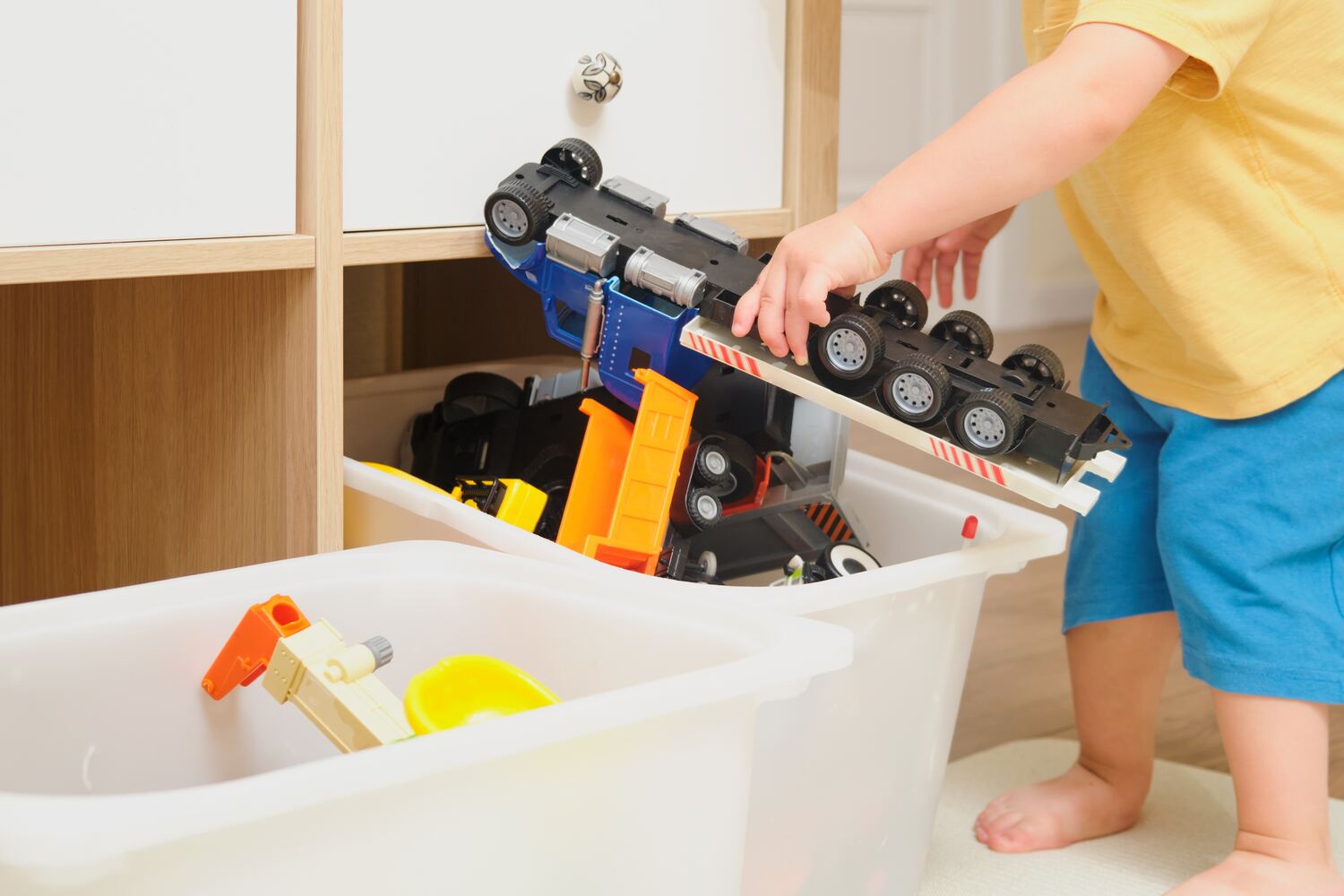
Give them a big basket and ask them to clean up their toys by putting them all into the basket. This helps you clean the mess faster and teaches them to clean up after themselves too. You can give different baskets for different toys once they learn to pick up after themselves.
2. Controlling Aggressive Behavior
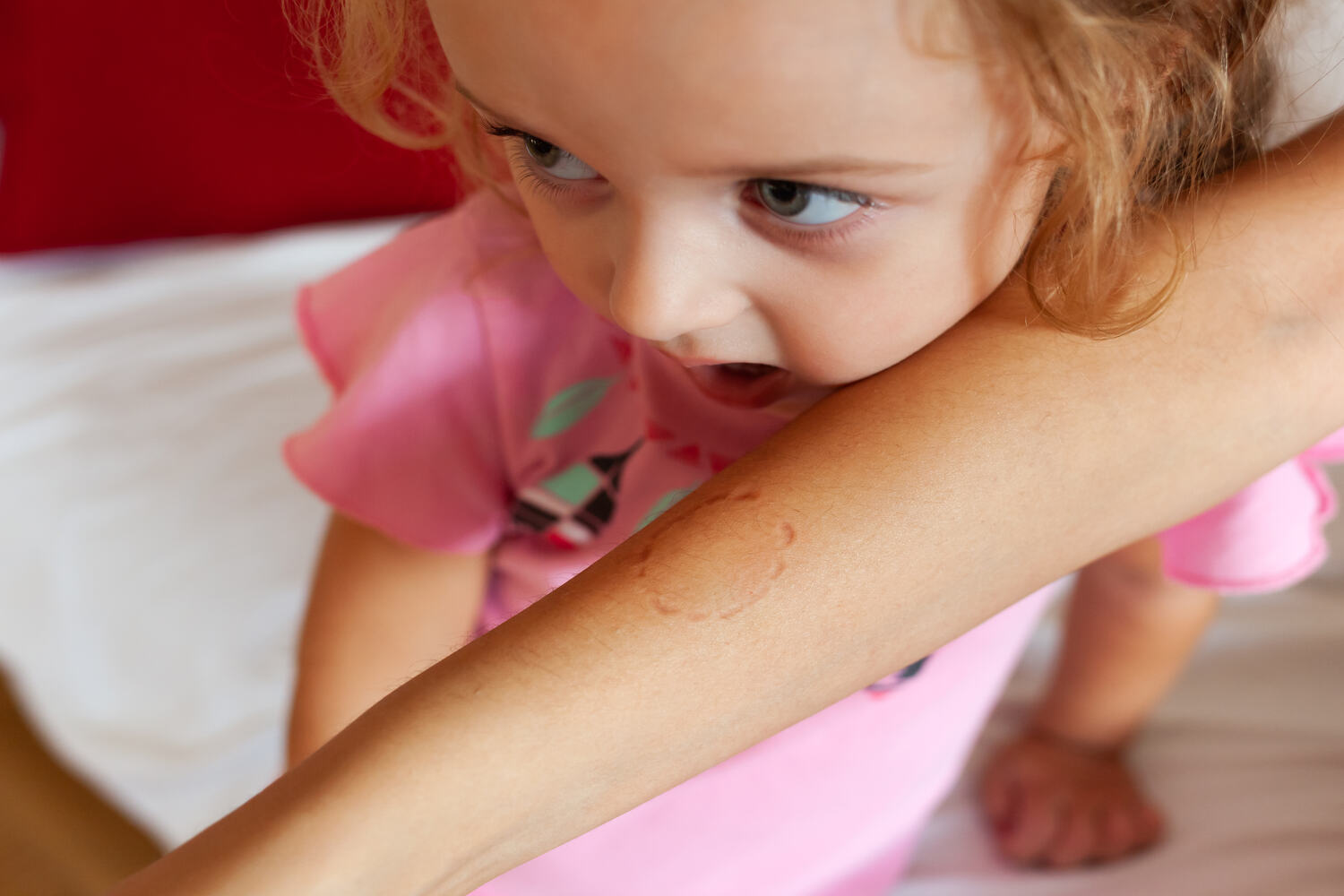
If your toddler starts hitting, hold their hands firmly and keep repeating you will not let them hurt others. Telling them the consequence of their action will work better than simply telling or yelling a “no”. Similarly, if they try biting someone, take them away to someplace they can calm down and vent out their frustration (4).
3. Handling Rejections
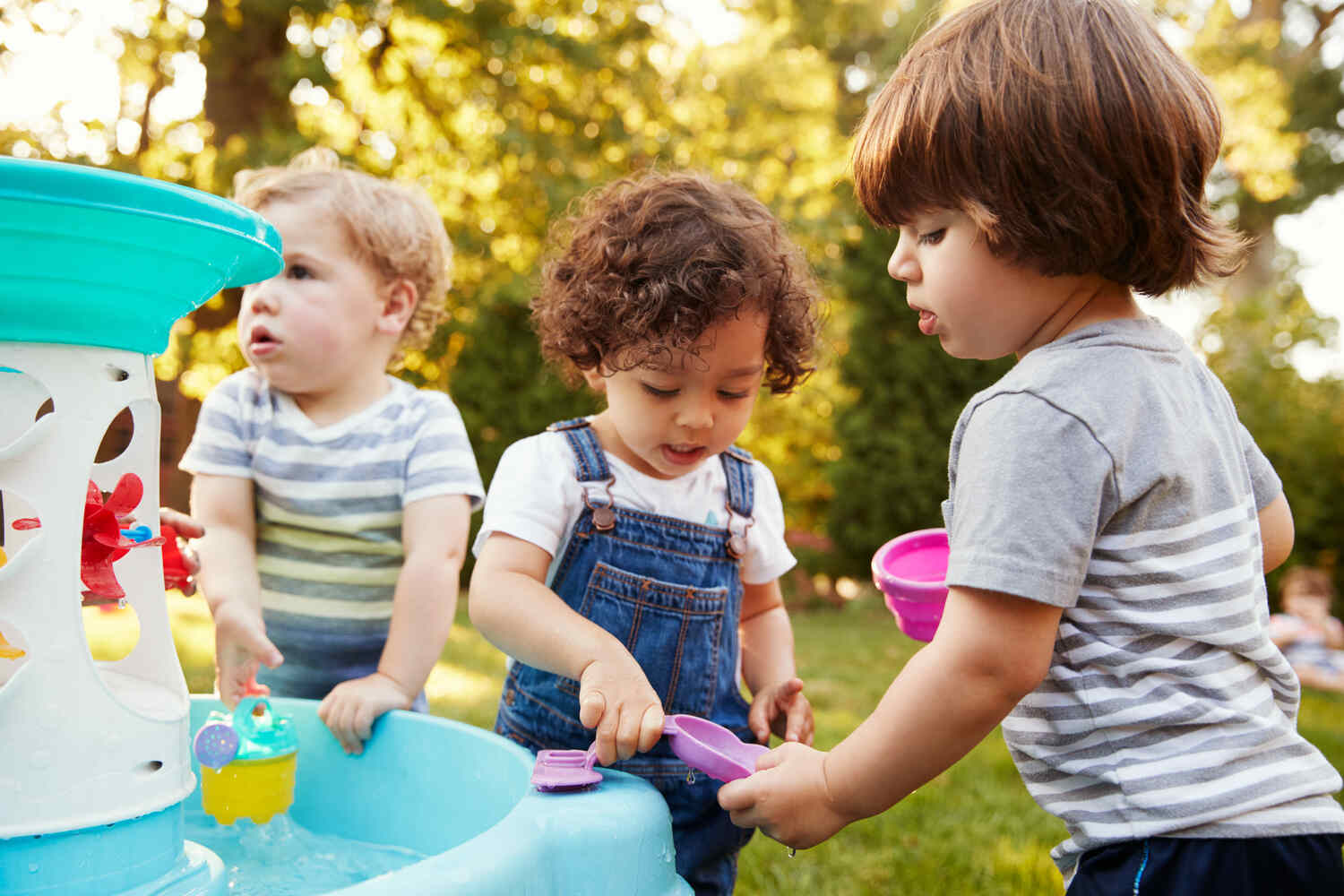
It is quite natural for your toddler to face rejections at this stage. Their playmate might refuse to share a toy or say no when your toddler goes and joins some game. Encourage your toddler to move on to another equipment or game to play with. Encourage them to approach other kids in the playground.
4. Don’t Intervene
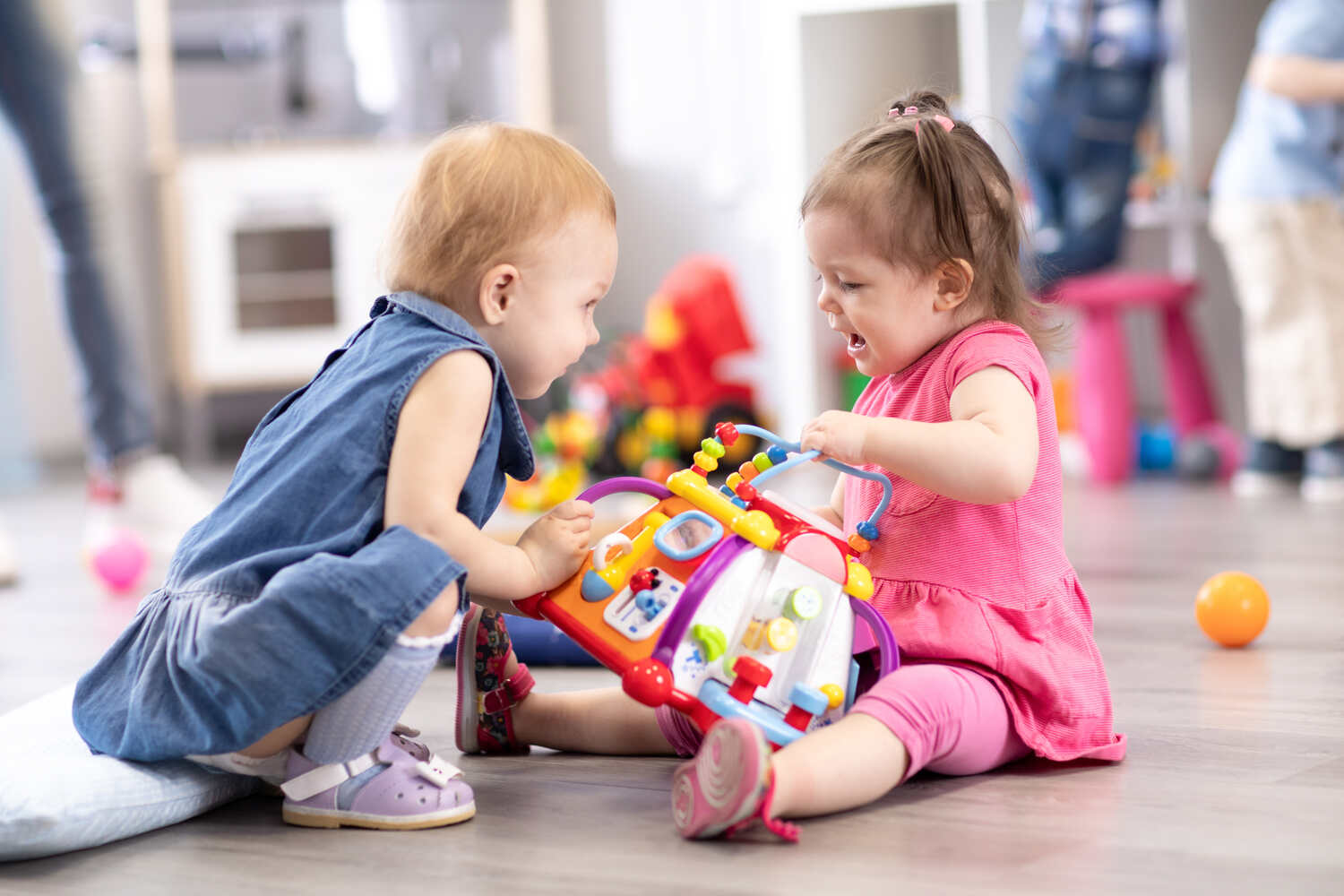
As parents, it is a reflex to intervene when your toddler is disagreeing with other toddlers. When another toddler does not share a toy or grabs your toddler’s toy, let your toddler figure it out. Do not intervene unless someone is going to get hurt. These are important skills your toddler needs to learn before going to school.
5. Respond to Them

A 26-month-old can try being funny through their actions or silly pronunciations. They are trying to make you laugh and attract attention. They may even try to fool you by pretending to fall or lose a toy. Play along and humor them rather than scolding or admonishing the behavior. If it starts getting out of hand, gently teach them the limits (5).
Health And Care of Your Toddler
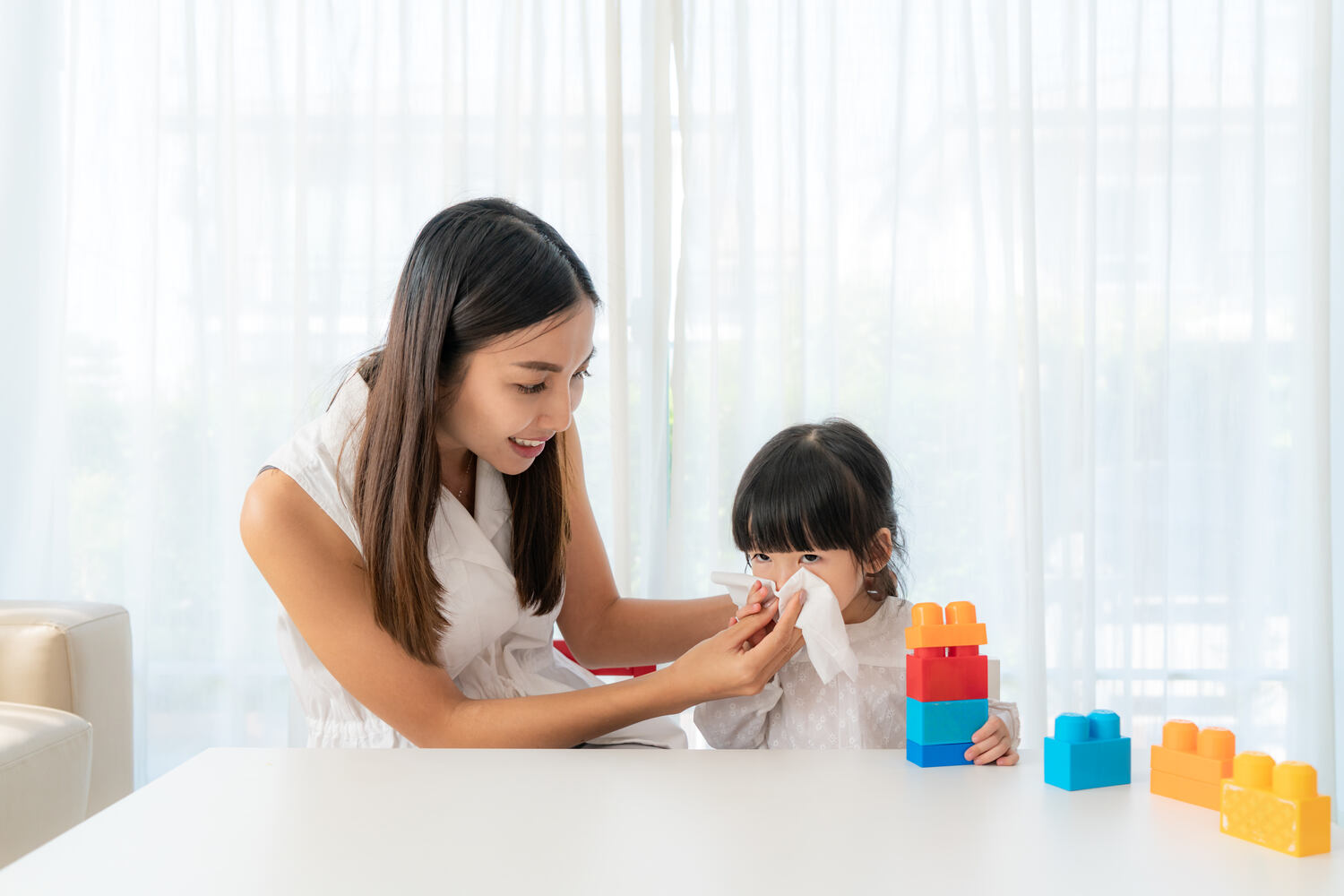
Here are some ways to care for the health of your growing toddler-
- Injuries are common now that they are more active and are exploring their environment. If they complain of pain or discomfort, try to trace back their activities to understand how they hurt themselves and consult a doctor if needed
- Congestions and colds can affect your toddler’s sleep. You can use a humidifier in the room, administer nasal drops or elevate their head with an extra pillow and make them sleep in a slanted position
- If your toddler is finding it difficult to see the images or you catch them peering at books at a very close distance, you need to get their eyes checked
- No matter how tempting or how small an errand it is, avoid leaving your toddler locked alone in the car. The heat of the car can get to them and even lead to faint spells or breathing issues. It can be very traumatic too
- If your toddler has angry meltdowns or tantrums instead of communicating their wants and needs, it could indicate a developmental delay in their communication. Consult your pediatrician regarding the same (6)
Some Useful Tips For Your Toddler
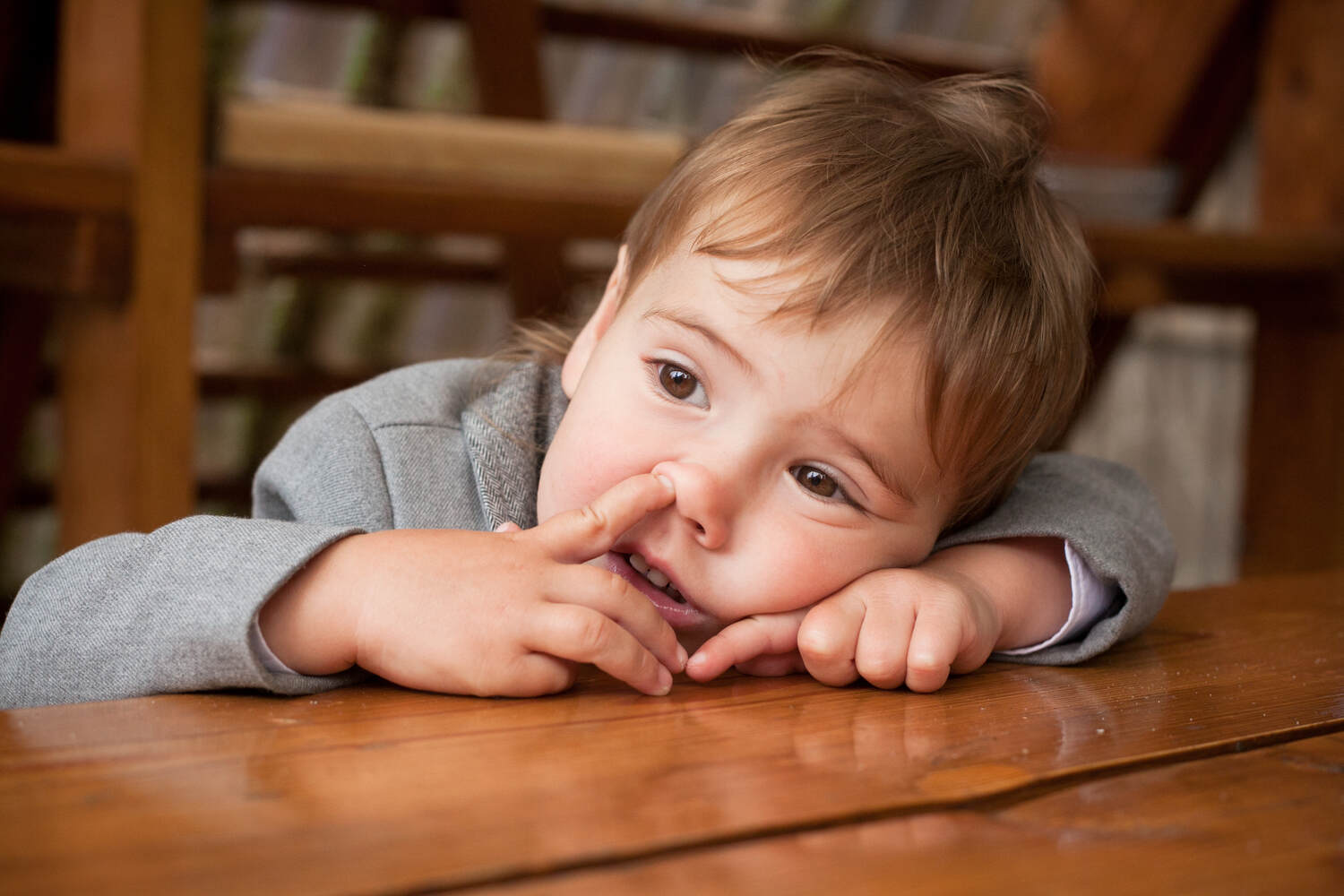
Here are some tips to help both parents and toddlers in the journey to attain important toddler milestones-
- If your toddler is enjoying nose-picking, discourage them. They can hurt themselves and lead to minute injuries inside the nostrils. Some curious toddlers might try to use something sharp, which can either hurt them or get stuck inside the nostrils
- Always have a softball to entertain your toddler. You can throw, play catch, or just let them kick it around when they are bored. These balls are safe for your toddler and your furniture
- If you are still breastfeeding your toddler, you should tell them when and where you can feed them and teach them appropriate behavior when you are outside
- Teach your toddler to politely ask or request when they want a toy another toddler is having, instead of just grabbing it. These social skills are very important
Every toddler has their own pace to meet important toddler milestones. However, a parent has to be proactive in identifying developmental delays. Identifying potential delays at an early stage can help both parents and doctors identify ways to help the toddler in the right way. If you are concerned about the toddler milestones your little one is not achieving, consult a doctor instead of panicking.
FAQ’s
1. What Should a 26-Month-Old be Doing?
A 26-month-old toddler should be able to identify and name familiar faces, and items, name objects and pictures, talk in simple sentences and also ask simple questions. They should understand and follow simple instructions and also find objects hidden in easy spots, by following clues or instructions.
2. Can my 26-Month-Old be Teething?
Toddlers will grow their second molars when they are about 23 to 33 months old. Some may be teething when they are 26 months old too. The speed at which the teeth come out can vary from toddler to toddler. It can be quite painful, making them cranky, irritable and, they can also become very picky eaters.
3. What Should a 26-Month-Old Eat?
A 26-month-old toddler requires a lot of protein to support their physical growth and mental development. Your toddler should eat a protein-rich diet, with sufficient fresh fruits and vegetables. It is okay if they eat sweets or chocolates as long as it is within limited quantities and not regularly.
References
- Infant and Toddler Language Development. – [https://eric.ed.gov/?id=ED354987]
- Toddlers’ Understanding of Peers’ Emotions – [https://www.tandfonline.com/doi/abs/10.1080/00221320903300346]
- The relations between parent and toddler emotion regulation – [https://www.sciencedirect.com/science/article/pii/S2212657023000089]
- Aggression During Early Years — Infancy and Preschool – [https://www.ncbi.nlm.nih.gov/pmc/articles/PMC2538723/]
- Toddler emotion expressions and emotional traits: Associations with parent-toddler verbal conversation – [https://www.sciencedirect.com/science/article/abs/pii/S0163638320301028]
- Relations Between Toddler Expressive Language and Temper Tantrums in a Community Sample – [https://www.researchgate.net/publication/337028418_Relations_Between_Toddler_Expressive_Language_and_Temper_Tantrums_in_a_Community_Sample]
